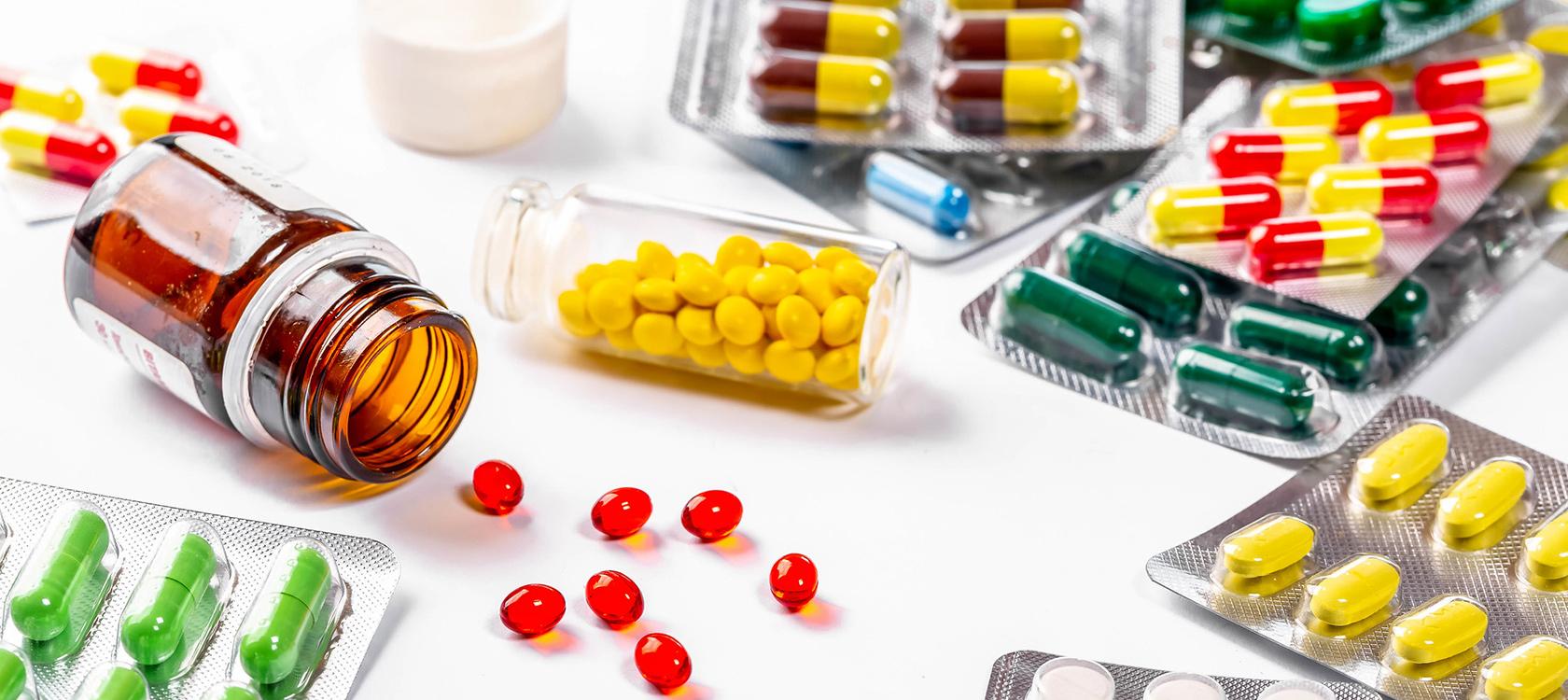Covid Antibody Drugs Go Unused as Need Soars
While such treatments are promising, their use has been slowed by testing lags, overwhelmed hospitals and a perception the therapies are only for well-connected people.
When federal regulators approved two antibody treatments last month for emergency use in high-risk Covid-19 patients, doctors worried there would not be enough to go around.
President Trump had taken one of the treatments, made by Regeneron, in October and promoted it as a “cure.” Early trial data had shown the treatments could keep people at risk of severe disease out of the hospital if administered soon after infection with the coronavirus.
But in a surprising turn of events, the treatments are sitting unused in hospital refrigerators around the country, just when they might do the most to help patients and relieve the burden on overwhelmed hospitals as cases and deaths surge to record levels.
Dr. Daniel M. Skovronsky, chief scientific officer of Eli Lilly, which manufactures the other monoclonal antibody treatment, said he had assumed that “we’re going to be holding back the mobs that want to get this drug.”
“I was wrong.”
The federal government has on hand nearly 532,000 doses of the two drugs, and 55 percent of that has been shipped out, according to the Department of Health and Human Services. But early data collected from hospitals by the federal government suggest that they have given only about 20 percent of their supply to patients.

Covid Antibody Drugs Go Unused as Need Soars
Hospitals and clinics, staggered by the needs of the sick and gearing up to help administer the new coronavirus vaccines, have not focused as much attention on these treatments, which have to be infused into patients in a narrow window of time, within 10 days of when they start showing symptoms, but before they’re sick enough to be hospitalized. Administrators have struggled to identify people who should get the antibody drugs because of delays in testing and a lack of coordination between testing sites and hospitals.
And demand from patients themselves has been weaker than expected. Some have been reluctant to venture out of their homes to get the therapies in hospitals — or perceive the treatments aren’t available to them but are going to well-connected people like Chris Christie, the former Republican governor of New Jersey, and Ben Carson, the housing secretary in the Trump administration.
“There were politicians getting it, and bragging about it, or whatever, and then people thought, well it’s not for me — it’s for those people,” Dr. Skovronsky said.
“There may be a therapeutic option that could help keep you out of the hospital,” Alex M. Azar II, the secretary of health and human services, said at a news conference last week. “Please, talk to your health care provider.”
Tufts Medical Center in Boston received 117 doses of the Eli Lilly and Regeneron treatments, but only 19 patients received them in the two weeks after the hospital started giving them on Dec. 6.
“It was just a little bit of everything” that limited uptake, said Dr. Helen Boucher, the hospital’s chief of infectious diseases.
The treatment’s scarcity has been a problem, as some hospitals were reluctant to deplete supplies and some patients, and their doctors, felt the treatments were so unattainable that they did not request them.







